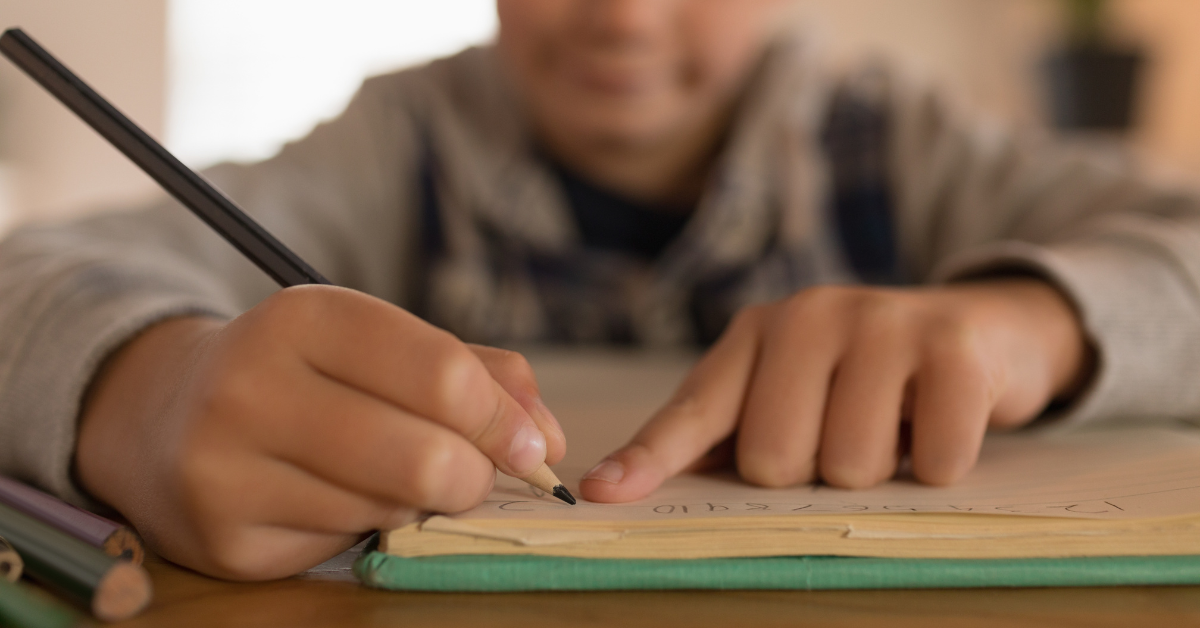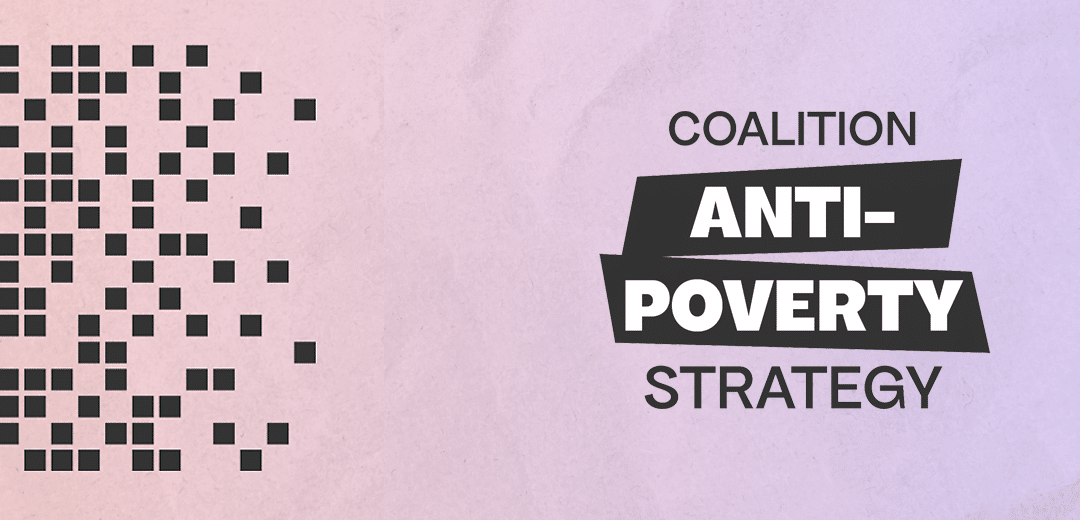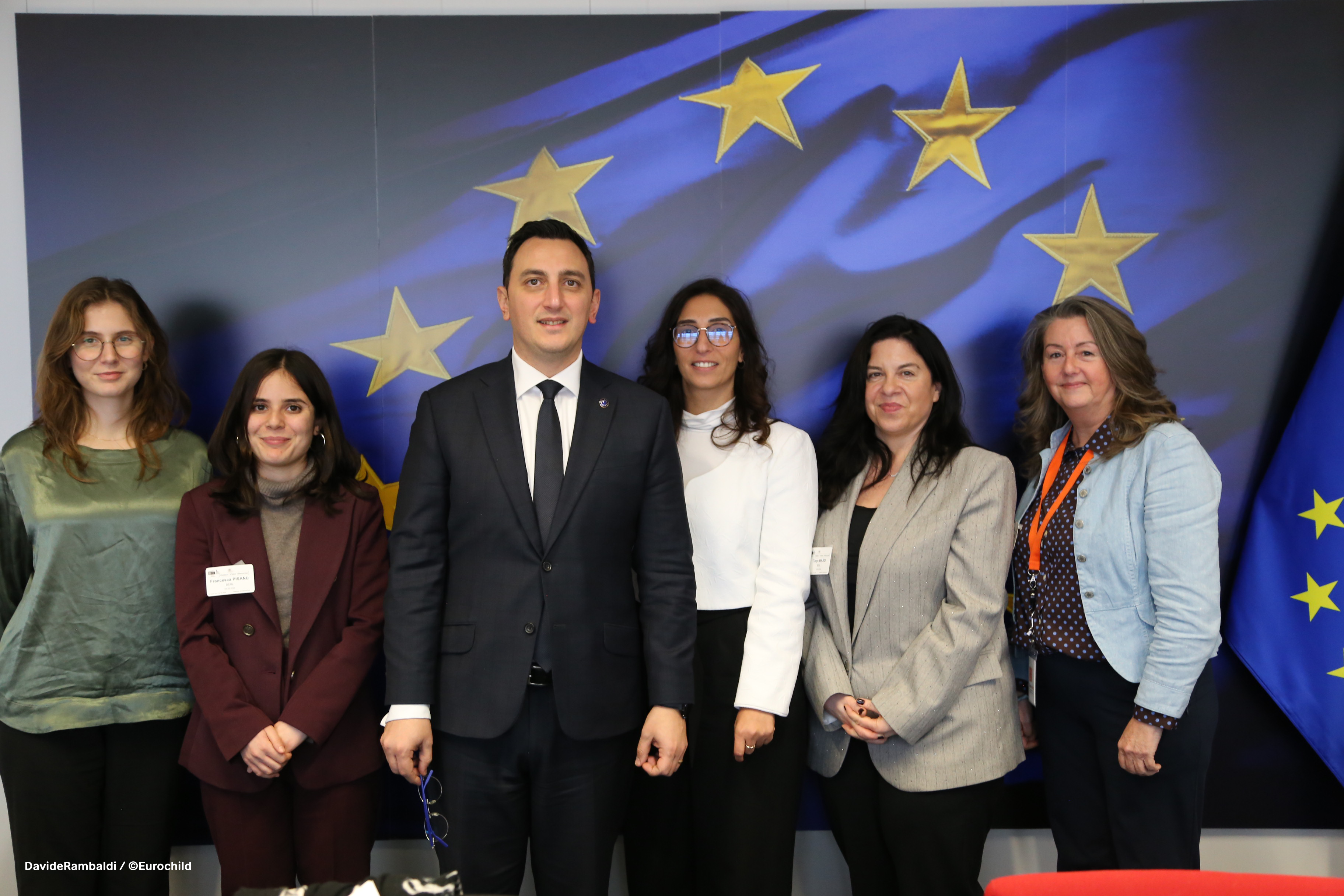Children in Bulgaria: are they objects of policies or actual stakeholders with a voice?
Ahead of the upcoming elections in Bulgaria, Eurochild member, National Network for Children, combed through the political programmes of the main political parties and coalitions to find answers to this important question
Undoubtedly, children are present in most programmes of the three political parties and coalitions running for the 48th National Assembly in Bulgaria – Democratic Bulgaria, GERB-SDS and "We continue the change" (Prodalzhavame Promyanata - PP).
The programme of Democratic Bulgaria suggests an integrated and systematic approach with individualisation on functions related to children and family in the work of three Ministries - Healthcare, Education and Science, and Labor and Social Politics. Their programme foresees the definition of the concept of "welfare of the child" to serve as indicators for the success of the policies.
In the programme of GERB-SDS, the most concerning problem is the absence of a coordinating unit. This absence is explained as the solution to build a government with a cross-sectoral approach in political choices for the children. The programme of GERB-SDS is the only one including all the measures concerning children in a dedicated section, "About the children of Bulgaria", and the coalition is explicitly committing to allocating financial resources to policis and reforms outlined in the National Strategy for Children and Families.
The programme of "We continue the change" is the only one that talks about the rights of the child and proposes to guarantee the rights of all children and promote quality of care for them.
Family benefits, tax relief and support for parents with children
One of the most common reference to children in the programmes concerns demographic policies, benefits, and tax reliefs for parents with children. Available measures are related to benefits and tax reliefs, but there are many other forms of support as well.
Practically all political parties, except DPS, foresee measures in the field of benefits, tax reliefs or other measures to support parents in the care of their children. However, almost all proposed measures are directed at working and/or providing for parents and all fail to address child poverty: in a country where 1 in 3 child is at risk of poverty, this is indeed a great omission. Only the GERB-SDS coalition refers to child poverty in the context of The European Child Guarantee.
Education
When it comes to educational programmes, the political parties are mentioning the same key current topics. "We continue the change", and GERB-SDS are putting an emphasis on skills, including digital. "We continue the change" and Democratic Bulgaria also focus on critical thinking and media literacy. Change in national exams is set as a goal by Democratic Bulgaria and "Ima takav narod".
The issue of students dropping out has been identified by all parties and there is a relative consensus around the possible solutions. Similarly, the topic of quality education has been mentioned by all parties as well. The introduction of a system for evaluation of added value in every school and change in principle on financing on schools - from "money follows the student" to "money follows the quality" is recorded in the program "We continue the change". Democratic Bulgaria proposes introducing a system for evaluating the quality of general education based on quantitative and qualitative indicators.
Child healthcare
In healthcare, all political parties agree on the construction of a National Children's Hospital. Other common topics are kindergartens and the introduction of programmes for preventative healthcare in early childhood and prenatal care. GERB-SDS, Democratic Bulgaria and "We continue the change" are proposing the creation of public healthcare fund. "We continue the change" foresees additional state financing for treating children with severe and/or rare diseases, including abroad, and reimbursement of medical foods. Democratic Bulgaria will focus on improving the funding and administration of treatment for children abroad and they believe this will improve and facilitate better procedures, transparency and it will return public control on this matter.
Early childhood development
Except for the free-of-charge kindergartens introduced by "We continue the change" in the mandate of the 47th National Assembly, the election campaign programmes for the new parliament include financing the construction of new kindergartens and facilities. This could solve the problem of the lack of facilities for children and the continuation of the compensation for the parents whose children are not accepted in public childcare services.
GERB-SDS promises a normative base and institutional arrangement for unified policies in this sphere, and Democratic Bulgaria commits to offer access to early care and education for every child and foresees the recognition and support of alternative services for early childhood education and care, such as daycare centers and parent cooperatives.
Family environment and care for children who do not live with their families
The broadest consensus among the political parties is around the development of social services.
"We continue the change" puts a strong emphasis on preventing the abandonment of children and ensuring that children in alternative care end up in family-based care through interinstitutional coordination and the opening of social services of a novel type. GERB-SDS proposes to create opportunities and expand the activities of social services available in the community, by supporting families and offering specialised patronage for support of single parents and families with multiple children, as well as support for prospective adopters, adoptive parents, and children. Democratic Bulgaria is the only one that foresees the modernisation of training of social workers and ensures support for foster care as the nearest to the family.
Sport, culture and leisure
Sports are included in detail in the political programmes of all parties.
GERB-SDS envisages the modernisation of sports playgrounds in schools, while Democratic Bulgaria proposes vouchers for extracurricular sports for students and swimming for all children in primary school. "We continue the change" promises the renovation of sports infrastructures. "Ima takav narod" bets on increasing the hours for sport to 5 a week for the students from 2nd to 12th grade. Measures for access to culture and arts are embedded in the programs of GERB-SDS, "We continue the change", and Democratic Bulgaria.
Children missing from the programmes of Bulgarian political parties
Children, victims of violence and children in conflict with the law are the least mentioned in the programmes.
Two of them – Democratic Bulgaria and "We continue the change" – include the acceptance of The Act for Protection from Domestic Violence. "We continue the change" also included one extremely important measure: the provision of sustainability for The National Center for Safe Internet, which works on over 16,000 reports of children, parents and professionals per year and is facing closure due to a lack of financing.
Children in conflict with the law are mentioned only by GERB-SDS and Democratic Bulgaria. In the programme of GERB-SDS, they propose a reform that includes the abrogation of the nearly 70-year-old Act for Fight Against the Anti-social Manifestations of Minors. This law is to be replaced by a new one on the prevention of the criminal manifestations of children and specialised services for children with behavioral difficulties. Democratic Bulgaria is committed to pushing ahead the postponed reform for juvenile justice and developing programs for prevention and support for all children and young people in contact with the judicial system.
Unfortunately, none of the parties foresees real systematic reform to protect children. This leaves nearly 30,000 children annually on the judgement of overworked, underpaid and often unprepared state employees from the Departments for Protection of the Child and about 15,000 children annually without support from social services – and these are the children who are most in need of help and support.
No party has proposed any measures related to children's participation. Instead, children are considered objects of all the planned measures, and there are no plans to create opportunities to listen to their voices on - family, education, healthcare and all systems that support them.





